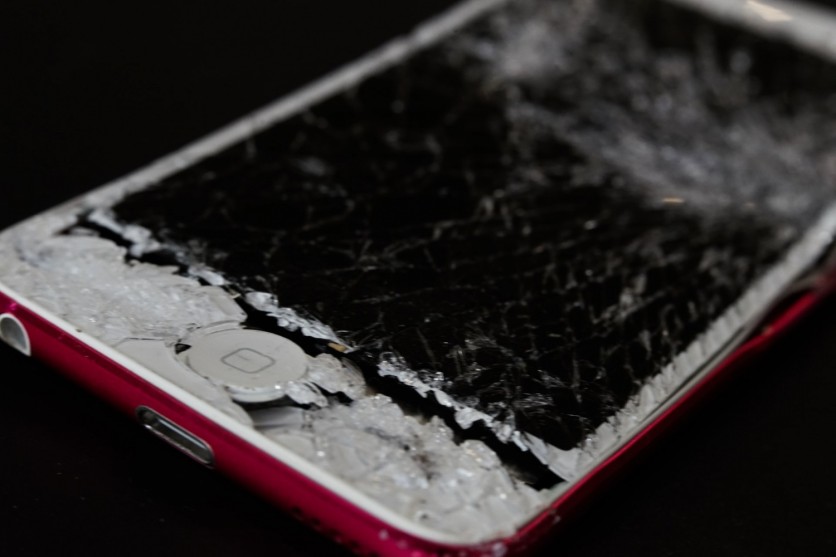Experts are getting worried over the e-waste recycling practices on the planet. According to them, this needs to be escalated urgently for a reason: metal mining is deemed to be unsustainable for Earth.
Recycling of E-Waste is a Growing Concern

Mining a material to produce a tech device has left some questions for scientists. Aside from the fact that it's unsustainable, it has a heavy implication on the environment.
Recently, The Royal Society of Chemistry launched a campaign that calls out the intensive e-waste recycling practice globally, according to The Independent.
According to research, the number of discarded devices last year exceeded the weight of the Great Wall of China at 57 million tons. Indeed, society is getting alarmed about this event, given that it will require a total team effort from everyone to control this.
The demand for electronic gadgets is undeniably on a high level. Paired with this factor, the companies need to produce them with the necessary components. As such, it's linked to the price of lithium which has now skyrocketed to 500% from 2021 through 2022.
There's a stern reminder from society that some components in creating electronic devices are quickly running out of supply.
Per Royal Society of Chemistry president Tom Welton, humans have contributed to the high unsustainability because of the tech usage. It has been a problem regarding the availability of raw materials.
"It is essential that governments and businesses urgently do more to develop a circular economy which can tackle the world's growing e-waste crisis and alleviate the strain on supply chains," Welton said.
People Do Not Know How to Deal With E-waste
As a matter of fact, the manufacturing of tech devices continues because of the surging demand among users. The Society has conducted an online survey composed of 10,000 respondents from 10 countries.
The result suggests that 60% of them prefer to switch to a new tech brand once they know that the company is creating a device in a very sustainable way. However, the researcher also says that some respondents have no idea how to deal with electronic waste.
Every year, less than 20% of the waste is recycled, but progressively they are growing to about two million tons. Per Elizabeth Ratcliffe from The Society, the retailers and manufacturers should be more responsible for manufacturing electronic gadgets.
It is recommended that people should practice e-waste recycling than store their outdated devices in their drawers and other places.
Related Article: 2021 E-Waste Surges at 57.4 Million Tons with Only 17.4% Recycled as Per 2019 Figures
How E-Waste Affects Human Health
According to WHO, electronic waste has a lot of negative impacts on human health. As such, it can cause premature births to the unborn child, as well as low birth length and gain.
When a person is exposed to e-waste, he/she can experience the following implications:
- reduced behavioral, neurological assessment score
- behavioral problems
- reduce cognitive capability
- increased ADHD/hyperactivity rates
- sensory integration issues
- effects on lung
- increased risk for chronic illnesses
- thyroid disease
This article is owned by Tech Times
Written by Joseph Henry




